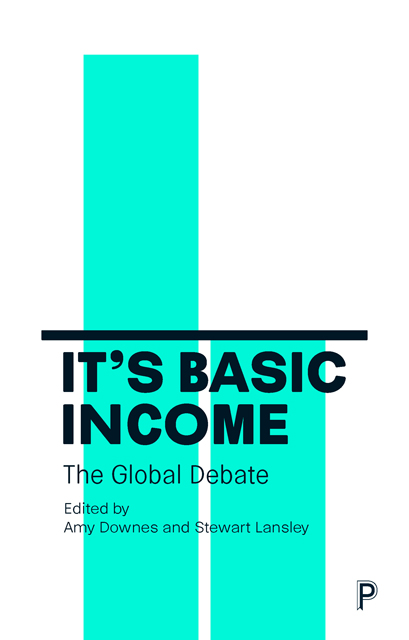15 - It’s time to stop tinke
Published online by Cambridge University Press: 11 April 2023
Summary
‘To seize this moment those of us who believe in social solidarity need a big idea.’
These are worrying times for those of us who believe in a welfare state that supports people from the cradle to the grave. In the past seven years, under the cover of a global financial crisis, the British government has accelerated the scaling back of the state, a process that began in the early 1980s, and has gradually chipped away at social security provision. Housing benefit has been slashed, child benefit is no longer universal and many of the services that people rely on in their communities – from libraries to children’s centres – have been sacrificed at the altar of austerity. Where there used to be a state-provided safety net, there are now foodbanks in every major town and city in Britain.
The world of work is also in the grip of a crisis. Real wages are still lower than they were ten years ago – a staggeringly long slump. And, while unemployment didn’t rise as expected after the financial crash, a shadow economy has grown which sees people ‘in work’ but without the security of a regular job. The ‘gig economy’, as it is known, can mean liberation for highly paid freelancers but, more frequently, it means factory workers not knowing when their next shift is, delivery drivers spending hours of unpaid time waiting for work that isn’t guaranteed to materialise. Vast numbers of people are underemployed – searching for more hours to get by. In a globalised world – and especially in this post-referendum era – where workers in Britain are competing not only with each other but with others across the world, a race to the bottom might keep us ‘competitive’. Increasingly flexible working might sound like a positive development but the fact is that it’s fraught with risks for workers.
If the world of work seems tough now, experts are saying that it might get even tougher. You only have to walk into a supermarket, where you’re as likely to be served by a machine as a fellow human being, to see how technology that was unimaginable just a few years ago has replaced jobs upon which people relied.
- Type
- Chapter
- Information
- It's Basic IncomeThe Global Debate, pp. 82 - 86Publisher: Bristol University PressPrint publication year: 2018



